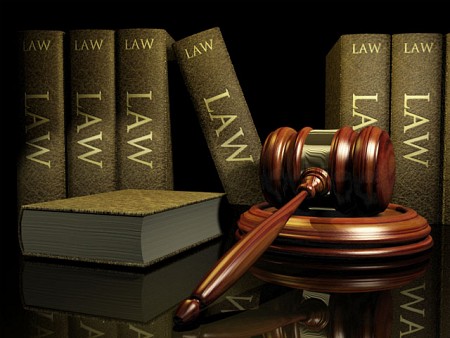
The Sunday Mail

A clause seeking to retrospectively operationalise the proposed amendments to the Labour Amendment Bill has been a major talking point in a matter that has captured the attention of the entire nation.
Clause 18 of the proposed amendments to the Labour Act Chapter 28:01 provides for the retrospective application of the amendments.
A retrospective law is one that operates on matters taking place before the law was enacted.
Constitutional expert Professor Lovemore Madhuku says there was nothing illegal in retrospective implementation of some of the clauses when the Bill is passed into law.
“There is no general law that says laws can or cannot be made in retrospect.
“The principle that an act must not be made in retrospect is a presumption and not rule of law,” Prof Madhuku says.
He adds that such laws can be enacted as long as they do not violate provisions of the Constitution.
Debating the Bill in Parliament, Cde Fortune Chasi – a lawyer – said there was no law, both common and constitutional law, making it unlawful for Parliament to legislate in retrospect.
An example of a law which was passed in retrospect is the Constitution of Zimbabwe Amendment (No 16) of 2000 which regularised the stay of new farmers who occupied land in 1999 before the amendment was passed into law.
The Parliamentary Legal Committee on the Labour Amendment Bill published an adverse report on the proposed amendments, pointing out that Clause 18 violates a section of the Constitution.
The adverse report read in part: “Clause 18 the clause provides for the retrospective application of section 12 of the Act to every employees whose services were terminated on three months’ notice on or after 17th July.
“The committee unanimously agreed that the clause violates Section 3(2)(e) of the Constitution regarding the separation of powers in that the judgement made by the Judiciary was correct at law and in seeking to nullify that by an insertion of the respective clause, Parliament will have violated the principle of separation of power.”
◆ See Legal Matters Labour Bill: Does the law work in reverse?



